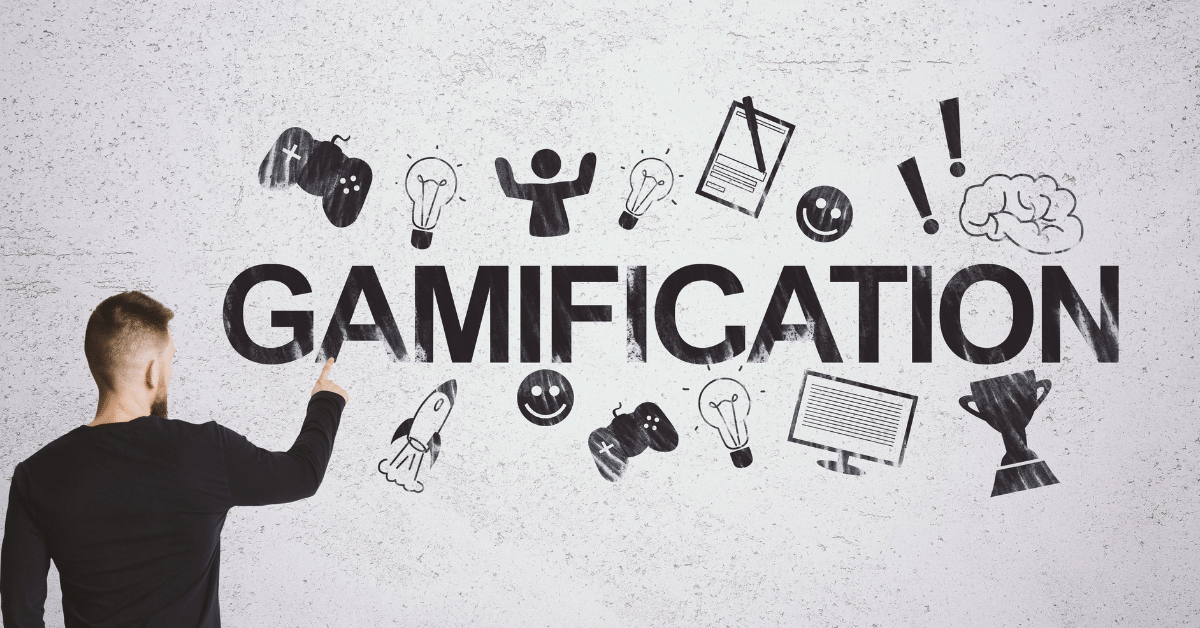Addiction treatment providers across the country are beginning to incentivize recovery. They’re looking for new forms of motivation and ways to let people experiencing substance use disorder take a sense of ownership over their addictions. Incentives could be anything from tokens and candy to cash for attending meetings regularly or for testing negative for certain substances. It’s a kind of gamification of the road to recovery that isn’t entirely untested. Technically, earning your six-month chip in Alcoholics Anonymous would be tantamount to the same concept, albeit valuable only as a personal reminder of how far you’ve come. It’s gaining popularity as a last-ditch effort against the rise in fatal overdose trends.
The concept of turning recovery into a game has drawn much criticism. Those opposed to offering even high dollar incentives argue that there should be better, more meaningful, incentives already built into the recovery process.
“Personal growth, re-unified families and improved health are better incentives,” said Tammy Cairns, clinical director at Landmark Recovery of Western Michigan. “If we are giving candy or gifts for sobriety, it takes from changing the mindset of the addiction.”
Committing to recovery from a drug or alcohol addiction is something a person has to do on their own, but offering rewards for certain behaviors can provide more motivation and accountability. Gamification can help some people see recovery as different levels. Enrolling in residential treatment could be level one. Transitioning to outpatient treatment could be level two. Attending a certain number of support groups or abstaining from the use of substances could be more advanced levels.
How Incentives for Addiction Recovery Work
U.S. News & World Report covered the use of incentives as people took part in a 12-week program for opioid addiction in Bridgeport, Conn. The program offered candy, gum, gift cards, sunglasses and headphones to those who attend meetings and stay in treatment for opioid addiction for a full 12 weeks.
“Recovery should be fun because you’re getting you life back,” said Harold Lewis, a participant in the 12-week program. “Recovery is not just about all balled-up fists and clutched teeth, you know what I mean. I can be fun, where you can exhale and you can breathe and get excited because you don’t know what you’re going to win today.”
Participants earned points for showing up to counseling or group meetings and passing drug screens. This gave them opportunities to draw for prizes, including $500. This is just one example, though. These kinds of programs are popping up in more places lately. The method is being referred to as “contingency management” in the recovery space.
In the past, many treatment programs opted not to utilize contingency management, and governments often wouldn’t financially support programs that did indulge it for fear of fraud on the parts of those seeking treatment. Now, though, programs are adopting the method anyway.
So what’s changed? The only change has been the significant uptick in overdoses. The crisis became even more of an emergency and treatment providers are searching for programs that work.
“We’re in a state of desperation where we need to pull out all the stops and this is something that works,” said Dr. James Berry, addiction medicine director at West Virginia University.
Recovery Gamification
There are pros and cons to gamifying the recovery process. On one hand, it seems like a no-brainer that, if we want people to conquer addiction to save their own lives, we should provide additional incentive to do so. On the other hand, incentives weaponize an already flawed, neurological mechanism: the dopaminergic reward system.
addiction to save their own lives, we should provide additional incentive to do so. On the other hand, incentives weaponize an already flawed, neurological mechanism: the dopaminergic reward system.
Gaming – literally video games and gambling – has been strongly correlated with compromising the brain’s reward system. It’s what makes certain games addictive. In fact, game designers deliberately exploit the dopaminergic reward system to get players addicted to their games. They want their games to be as addictive as gambling, which is already exploiting that system.
The reason it works is because the brain naturally floods the brain with dopamine for certain kinds of perceived rewards. Substance use disorders are really conditions in which people chemically manipulate that dopamine system. That’s what they keep seeking. For this reason, addictionologists caution against addiction replacement. It’s easy for those in recovery from opioid use disorder to replace opioids with alcohol in order to conquer pills. It’s because that’s a way to conquer an addiction to a specific substance but only by transferring the reward effect to something else.
Incentives for Stimulant Users & Veterans
The pandemic coupled quarantine culture with record overdose deaths. Even though most of those overdoses were attributable to opioids, fatal overdose went up for stimulants too. Chief among those would be methamphetamine.
Of course, the addiction treatment space has been gravitating more and more toward medication-assisted treatment. The weak point for that, however, is treating stimulant use disorder. As such, some are arguing that rewards programs enhance the efficacy of treatment for stimulant users.
The U.S. Department of Veterans Affairs has been employing this method since 2011. They’ve helped some 5,700 veterans with contingency management programs. Their rewards are vouchers for the vets to redeem at local canteens. The V.A. now reports 92% of urine-sample drug tests on average coming up negative for veterans processed through these programs in the last few years.
Expert Dissent against Contingency Management
Cairns challenges the merits of the incentive approach, referring to contingency management as a “nice thought.” She believes the stakes for recovery should be much higher, and not reduced to collecting trinkets, prizes or cash.
“Look at it this way: substances are rewarded with instant gratification,” Cairns said. “How is giving candy, money or gifts any different? The personal incentives are difficult to explain as the addict can remain in the instant gratification stage. However, in real life, we are not always rewarded with material things but must look at it as an interpersonal win.”
It’s important to remember that this is a behavioral health issue, and actual progress has to be made in order to actually beat addiction. That progress is inevitably going to be a change of character to some extent. The substance abuser has to evolve emotionally and gain control over his or her triggers.
That’s why Landmark Recovery, among others, employs cognitive behavioral therapy. It’s a treatment modality tasked with addressing adverse childhood experiences with which the patient may have originally begun coping via instant-gratification. That’s where alcohol or marijuana may have entered the picture. These things eventually led the individual to seek other substances for the same purpose, too.
Gratification Switching
In other words, using cash incentives, candy or gifts to get people to continue pursuing rehabilitation may not differ much from substituting one drug for another. It’s already the case that many people in recovery have been known to do this. It’s called cross-addiction, a common phenomenon in post-rehab recovery.
“We don’t want the mindset to change from one material incentive to another, but more to have them feel the goodness they are doing internally,” Cairns added.
She said patients are able to “feel the growth and acceptance back into their families” and back into “work and creating a life balance of just being better, improving all aspects of their lives without substances.”
In essence, Cairns maintains that any addiction treatment program should speak for itself in the way it successfully equips people with the new skills and tools needed for self-improvement and recovery.
If that’s what you or a loved one need, go to Landmark Recovery or call 888.448.0302.

Choose Recovery Over Addiction
We're here 24/7 to help you get the care you need to live life on your terms, without drugs or alcohol. Talk to our recovery specialists today and learn about our integrated treatment programs.




